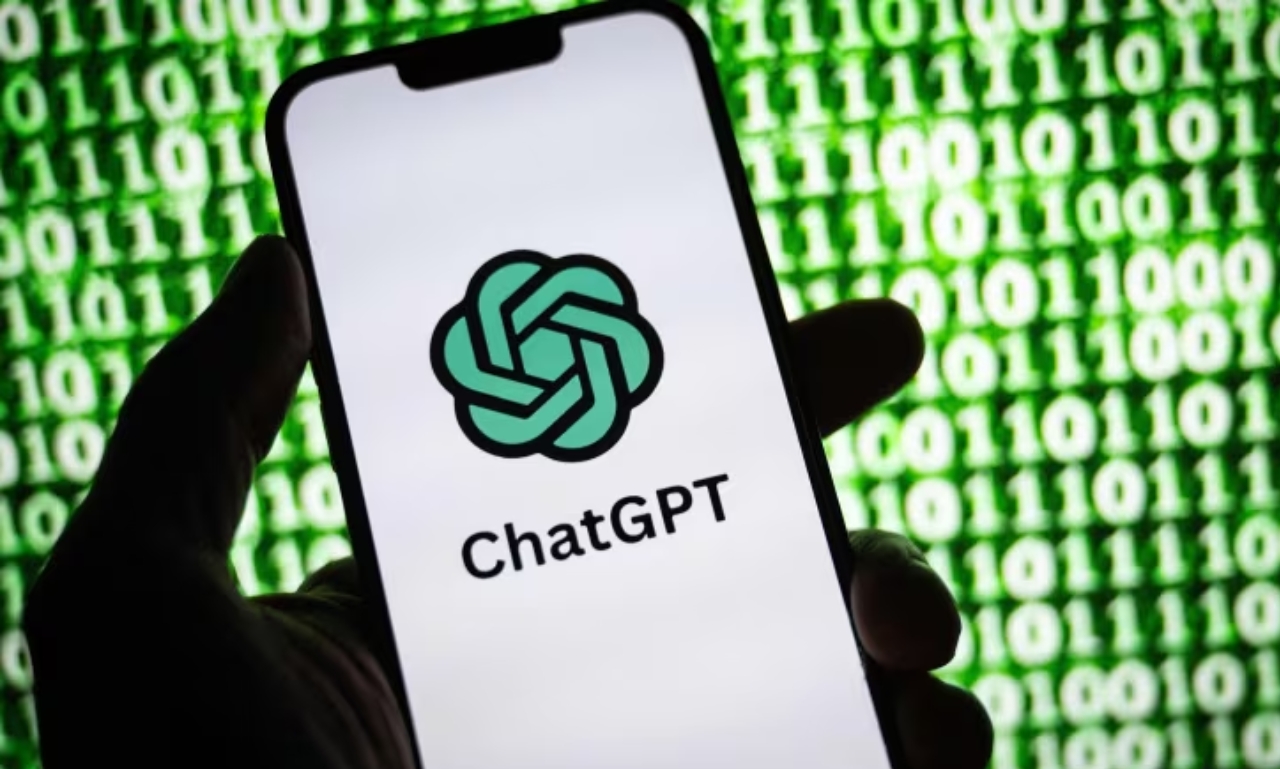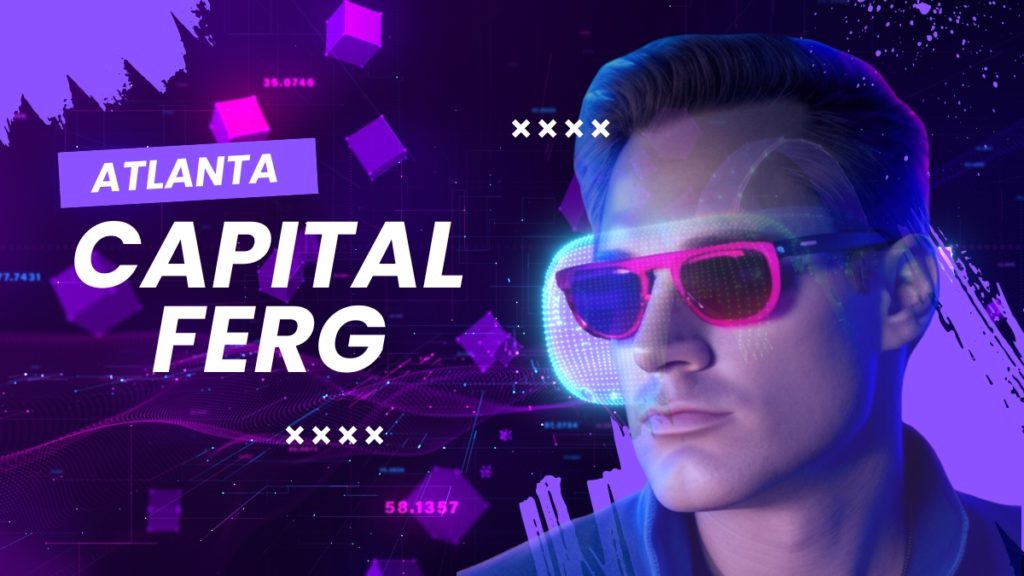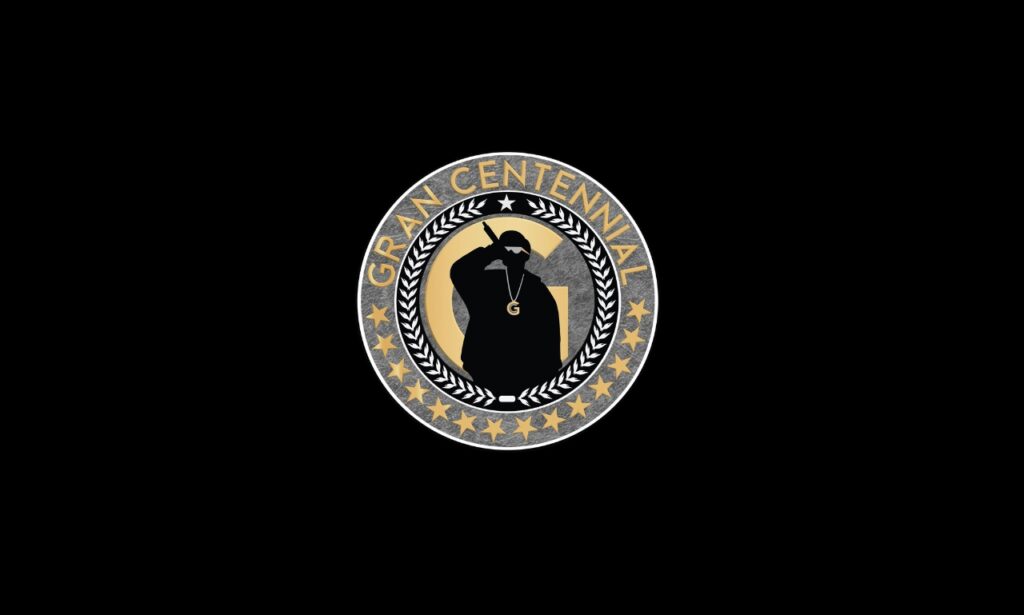In a landmark move, a coalition of Canadian media organizations, including CBC/Radio-Canada, Postmedia, Metroland, the Toronto Star, the Globe and Mail, and the Canadian Press, has filed a lawsuit against OpenAI, the developer of the popular AI chatbot ChatGPT. The lawsuit, submitted to the Ontario Superior Court of Justice, accuses OpenAI of violating copyright laws by using their news articles to train its AI models without permission.
The plaintiffs are seeking punitive damages, compensation for profits made through the alleged use of their content, and a court injunction to prevent OpenAI from using their news articles in the future. The suit adds to the growing legal scrutiny facing OpenAI and other generative AI companies globally.
The Core of the Allegations
The media organizations argue that OpenAI is profiting from their content without proper licensing or compensation. Their joint statement claims that OpenAI “regularly breaches copyright” and exploits the intellectual property of Canadian outlets to develop and enhance its AI products, including ChatGPT.
Richard Lachman, a media and technology expert at Toronto Metropolitan University, points out the crux of the debate: whether training AI models on publicly available information constitutes a breach of copyright. “The argument of the companies is, ‘You’re not reading the news, you are scraping information. And that’s against our terms of service,’” Lachman said.
Canadian Copyright Law and AI
The Canadian legal landscape adds complexity to the case. While U.S. copyright law offers limited precedent on AI-related cases, Canada’s copyright framework includes a provision called “fair dealing.” This allows for the use of copyrighted material without explicit permission for purposes like research or education. However, as intellectual property lawyer Gaspard Petit notes, fair dealing does not explicitly account for AI training.
“Once you start building a business around it, you’re out of that exception,” Petit explains, suggesting that OpenAI could face challenges arguing that its use of media content falls under this provision.
Lisa Macklem, a legal expert from King’s University College, highlights another key issue: news outlets primarily provide facts, which cannot be copyrighted. However, she acknowledges that OpenAI may still be vulnerable to claims of violating terms of use agreements, which often limit content usage to personal, non-commercial purposes.
Implications for AI and Copyright Laws
The case echoes a similar lawsuit filed by the New York Times against OpenAI and Microsoft in late 2023. While OpenAI defended its practices as aligned with international copyright principles, the ongoing legal battles underscore a broader tension between tech companies and content creators over the use of copyrighted material.
In Canada, the federal government has initiated consultations on copyright laws related to generative AI but has yet to release its findings. Experts like Macklem and Petit emphasize the need for clear regulations to address these emerging issues, though some in the tech industry warn that over-regulation could hinder innovation.
Industry Reactions
OpenAI maintains that its AI models are trained on publicly available data and that it collaborates with publishers to ensure compliance. An OpenAI spokesperson stated, “We collaborate closely with news publishers, including in the display, attribution, and links to their content in ChatGPT search, and offer them easy ways to opt out should they so desire.”
Julien Billot of ScaleAI argues that existing laws are sufficient to address these issues. “What OpenAI is doing is infringing the existing laws. You don’t need a specific AI law,” he said, advocating for enforcement rather than legislative overhaul.
A Precedent-Setting Battle
As the case progresses, it could set significant legal precedents in Canada regarding the intersection of AI technology and copyright law. The outcome may influence how generative AI companies operate and how content creators protect their intellectual property in the digital age.
The lawsuit reflects a broader global challenge: balancing innovation in artificial intelligence with the rights and interests of content creators. With billions of dollars and the future of generative AI at stake, all eyes will be on the Ontario Superior Court as this battle unfolds.







